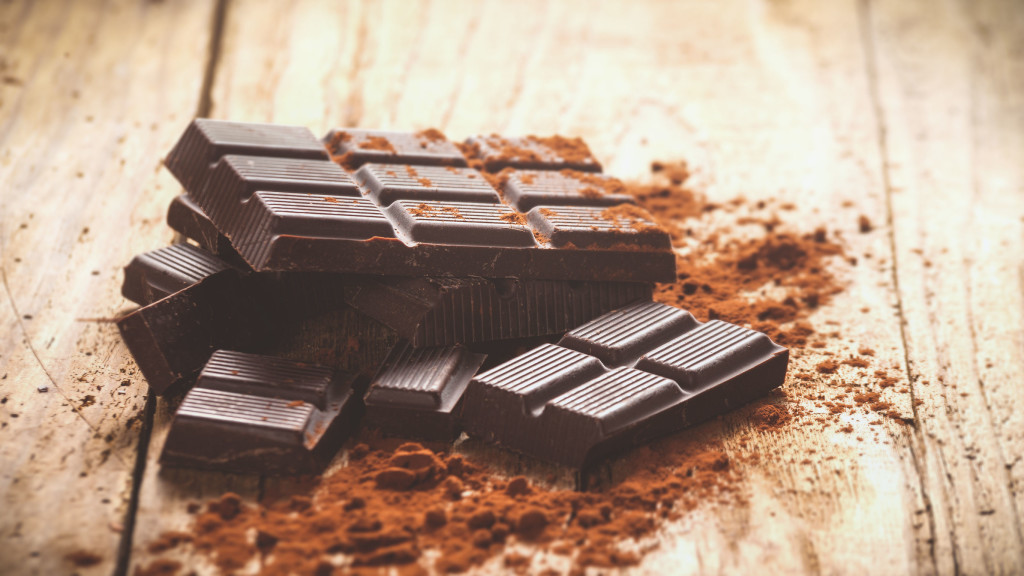Scientists working on anti-aging chocolate
Guilt-free chocolates that reduce the emergence of wrinkles and sagging skin seem too good to be true, but they are actually being developed by scientists.
“Esthechoc,” the brainchild of a Cambridge University spin-off lab, is claimed to be the “fountain of youth” and can be incorporated into everyone’s favorite sweet treat.
According to The Telegraph, this chocolate boosts antioxidant levels and increases circulation to prevent lines and keep skin looking youthful and smooth.
After multiple testing, scientists discovered that a small 7.5-gram bar of the anti-aging chocolate contains the same amount of the antioxidant astaxanthin as a fillet of Alaskan salmon. The same amount also equals the levels of free-radical fighting cocoa polyphenols as 100 grams of dark chocolate, the report said.
Aside from getting rid of unwanted lines, the chocolate could also alter the underlying skin of a 50- to 60-year-olds into that of someone in their 20s or 30s.
Tests showed that after four weeks of eating the anti-aging chocolate every day, volunteers had less evidence of inflammation in their blood and increased blood supply to skin tissue.
“In clinical trials we saw that inflammation in the skin started to go down and the tissues began to benefit,” creator Dr. Ivan Petyaev said.
“People using it claimed that their skin was better and we can see that the product is working to slow down aging,” he added.
Each bar only contains just 38 kcal, making it safe for diabetics. Despite its progressive claims, health experts warned the general public to be cautious about the product.
“There may be biological reasons to think some of the compounds may benefit some processes linked to aging and disease, but on the other hand, eating too much chocolate means more calories, which means obesity so the net effect is never clear cut,” Naveed Sattar, professor of metabolic medicine at Glasgow University, said, adding that further validation is needed to support the “ridiculously strong” claims made by the company.
“These food claims need to be backed up with trials to have any genuine credibility. Such trials are glaring by their absence so all such health claims are unfounded,” he added.
Esthechoc is expected to make its way to stores in London next month, just in time for the annual Global Food Innovation Summit. Its makers have remained unwilling to reveal the cost, though earlier reports indicate that it could come with a hefty price tag. Khristian Ibarrola/rga
